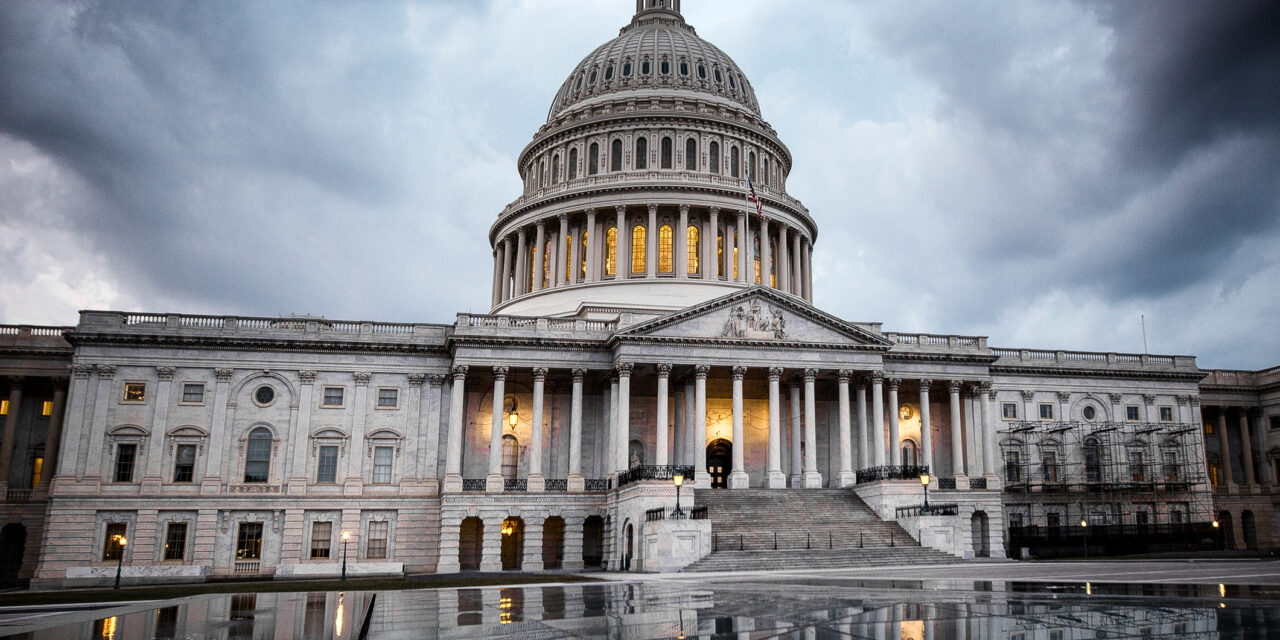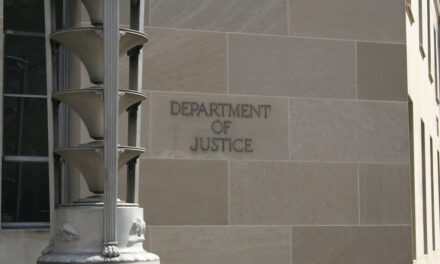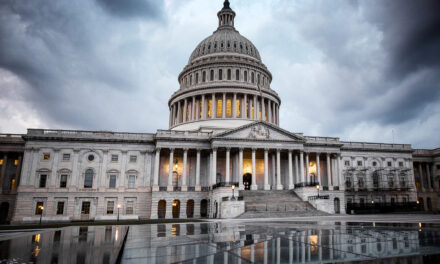February 26 was not a good day for Asheesh Agarwal, Deputy Assistant Attorney General for the Civil Rights Division of the U. S. Department of Justice. During a hearing of the House Committee on the Judiciary, the bookish bureaucrat was raked slowly over the hot coals by several irate members of Congress.
At issue was the DOJ’s enforcement of key provisions within the National Voter Registration Act (NVRA), which was passed by Congress in 1993 to increase participation in federal elections. Committee members attempted, with little success, to get Agarwal to explain why DOJ has spent the lion’s share of its resources to pressure states to purge voters rather than ensuring their rights.
“Rights on paper are not the same as rights in fact,” intoned Congressman Jerrold Nadler of New York. “For that we need vigorous enforcement.”
Debbie Wasserman Schultz, a Congresswoman from South Florida, cited alarming statistics about voter registration decreases documented in Unequal Access: Neglecting the National Voter Registration Act, 1995-2007, a report written by Project Vote and Demos. The report found that voter registrations generated from public assistance agencies within that period had declined by 79 percent, despite the NVRA’s specific requirement that states offer the service in agencies that help the disadvantaged.
Wasserman Schultz noted that the Justice Department’s Voting Rights Section had filed five lawsuits containing NVRA claims since 2006, but that four of the suits “were filed not to enhance voter registration opportunities, but instead to force states to conduct massive purges of their registration lists.”
Agarwal attempted to explain that of ten NVRA-related suits the Bush administration has filed, two involved possible cases of voters being improperly removed from the registration rolls. He also noted that in late August, DOJ sent letters to 18 states seeking information “regarding their compliance or lack of compliance with Section 7 of the NVRA.”
But the Congresswoman was having none of it. She pressed the Deputy Assistant Attorney General to explain why the department was concentrating on purging cases rather than easing registration. “Much of that purging in recent years has been shown to be overly aggressive and purged voters that were valid and belonged on the roll,” she argued. “If you’re only pursuing two Section 7 lawsuits and the others relate to purging voters from the rolls, I think one could logically conclude that you are more aggressively going after states to ensure that they purge. Is that the case?”
His glasses slipping down his nose to half-mast, Agarwal attempted to deflect this line of questioning, before finally announcing that he was familiar the Unequal Access study and its findings were “part of the reason why we sent out the 18 letters in 2007.”
Wasserman Schultz pressed Agarwal again, asking why three states with the worst records in complying with the NVRA’s provisions on voter registration did not receive letters from the DOJ. “Can you answer why you chose not to send letters to Florida, Texas, and Virginia?” she charged. “Why did you not take measures to ensure that all of the [states], including the worst offenders of Section 7 violations, were included in your pursuit?”
Agarwal’s stumbling non-reply only inflamed the Congresswoman. “Why not Florida?” she countered. “We specifically have had egregious violations of purging voters from the rolls, of lists of felons who turned out not to be felons. Why have you excluded Florida?”
“Congresswoman, I can’t answer that,” Agarwal replied.
Wasserman Schultz then asked committee chairman John Conyers to request that Agarwal find the answers and put them in writing before the committee’s next meeting.
Conyers voiced similar concerns with DOJ’s record. “I’m troubled by the department’s overemphasis on pursuing voter fraud cases which were the basis of a number of the firings of U.S. Attorneys in what is now widely regarded as the politicization of the Department of Justice itself,” he said. “We’re pursuing these so-called voter fraud cases to the exclusion of voter suppression cases.”
He cited DOJ records showing that only a handful of actual voter fraud cases have led to convictions, whereas evidence suggests that many more serious cases of voter suppression have been ignored.
Of great concern to Conyers (and Minnesota Rep. Keith Ellison’s among others) DOJ’s support of Indiana’s controversial law requiring photo identification at the polls. “Without doubt this law will disenfranchise minorities, the elderly, the disabled,” he said. Another issue was the lack of the Justice Department’s interest in “vote-caging” incidents that occurred in Ohio, Pennsylvania, Florida, Nevada and Wisconsin during the 2004 presidential election.
Conyers returned to a point Wasserman Schultz had raised earlier regarding letters the Justice Department had sent to ten states pressuring them to purge their voter rolls before the 2008 elections. “In recent years, instead of promoting access to the polls, the voting section of the DOJ seems to have used its enforcement authority to deny access and promote barriers to block legitimate voters from participating in the political process.”





